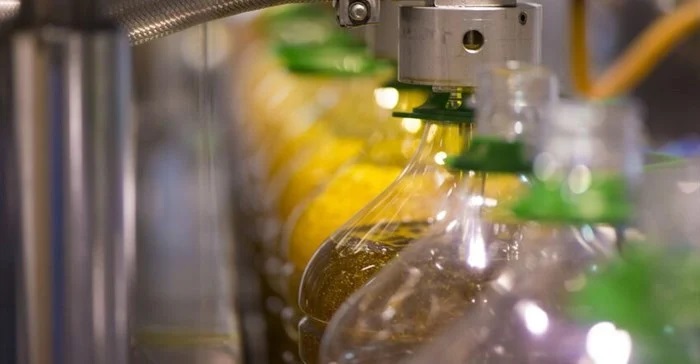South African consumers may be facing opportunistic price increases of sunflower oil as processor prices have increased by far more than sunflower seed prices this year, according to the latest Essential Food Pricing Monitoring Report released by the Competition Commission.
Retailers have also not passed on wholesale cost reductions for bread in the past resulting in widening retail margins, according to the report. This comes at a time when there is widespread concern over food price inflation faced by already struggling consumers.
The Commission said its work in food price monitoring has revealed several concerns in South Africa’s food markets and food value chains. These include wide farm-to-retail spread in prices, large price differences between regions for basic fresh produce, growing margins at the processor and retailer level, as well as the general trend of price inflation that started with the Covid-19 pandemic and has been exacerbated by supply chain constraints and the Eastern European conflict.
The Commission’s latest report found that there hasn’t been a significant increase in the prices of fruits and vegetables in recent months. “This is encouraging as fresh produce is an important source of nutrition and the food basket of lower-income households. It is only tomatoes where there has been price volatility,” the Commission said.
Prices quick to increase, slow to decline
The previous two reports had also noted that annual inflation in edible oils and fats was significantly higher than overall food inflation. Previous analysis highlighted the risks posed by the Eastern European conflict in this respect given South Africa’s position as a net importer of sunflower seeds and the importance of Eastern European countries to the global supply of sunflower seeds and edible oils.
The latest report expands on previous work by focusing on the sunflower oil value chain and the role of sunflower seed prices as a driver of retail and producer prices.
Findings revealed that high and growing concentration along the sunflower oil value chain from sowing seed to the refining level, creates a risk of opportunistic price increases above cost increases during periods of inflation. This is commonly referred to as the ‘rocket and feather effect’ whereby prices are quick to increase and slow to decline where there is cost inflation in the value chain.
The report found that processor prices have increased by 72% and retail prices by 36% in 2022 alone. “This indicates that retailers have absorbed some of the increase and the report finds that the retail margin has fallen by approximately 14%,” the Commission said.
In the case of processor prices, these increases have not been entirely driven by the price of sunflower seeds since the SA Futures Exchange (Safex) price for sunflower seeds has been fairly stable over the period and has not seen significant increases.
The report also pointed out that the widening of the seed-to-producer price spread for sunflower oil is resulting in growing processor margins. “Whilst processors may have seen some cost increases for energy and fuel, the large widening of margins is a cause for concern for the Commission as it may indicate opportunistic pricing behaviour that is not related to costs,” the competition watchdog said.
Bread cost savings not passed to consumers
The report also examined other basic commodities including bread, maize meal and fresh produce.
It noted an increase in the wholesale-to-retail price of bread over time. “Whilst this may be indicative of increases in the costs of retailers, the evidence suggests that cost decreases in the past have not been passed onto consumers by retailers and this is the source of margin growth,” the Commission said.
For maize meal, the report found that while retail prices have increased in 2022, the retail prices appear to be largely related to the increase in the Safex price for white maize but the overall spread has increased somewhat in 2022.
The price of a margarine brick increased by 6% from January 2022 to June 2022, significantly lower than the increase in the retail or producer price of cooking oil.
The Commission said it has also initiated investigations into basic foodstuff value chains in order to act against any opportunistic behaviour given the levels of concentration in the value chain.



